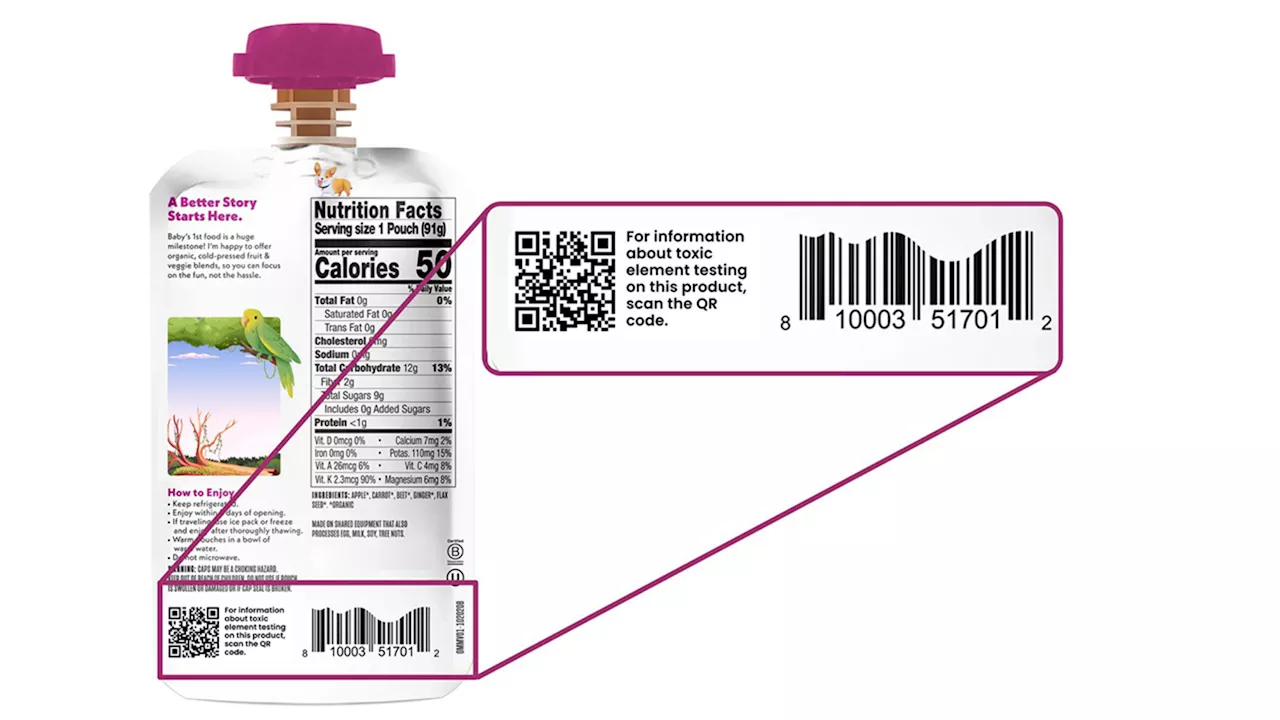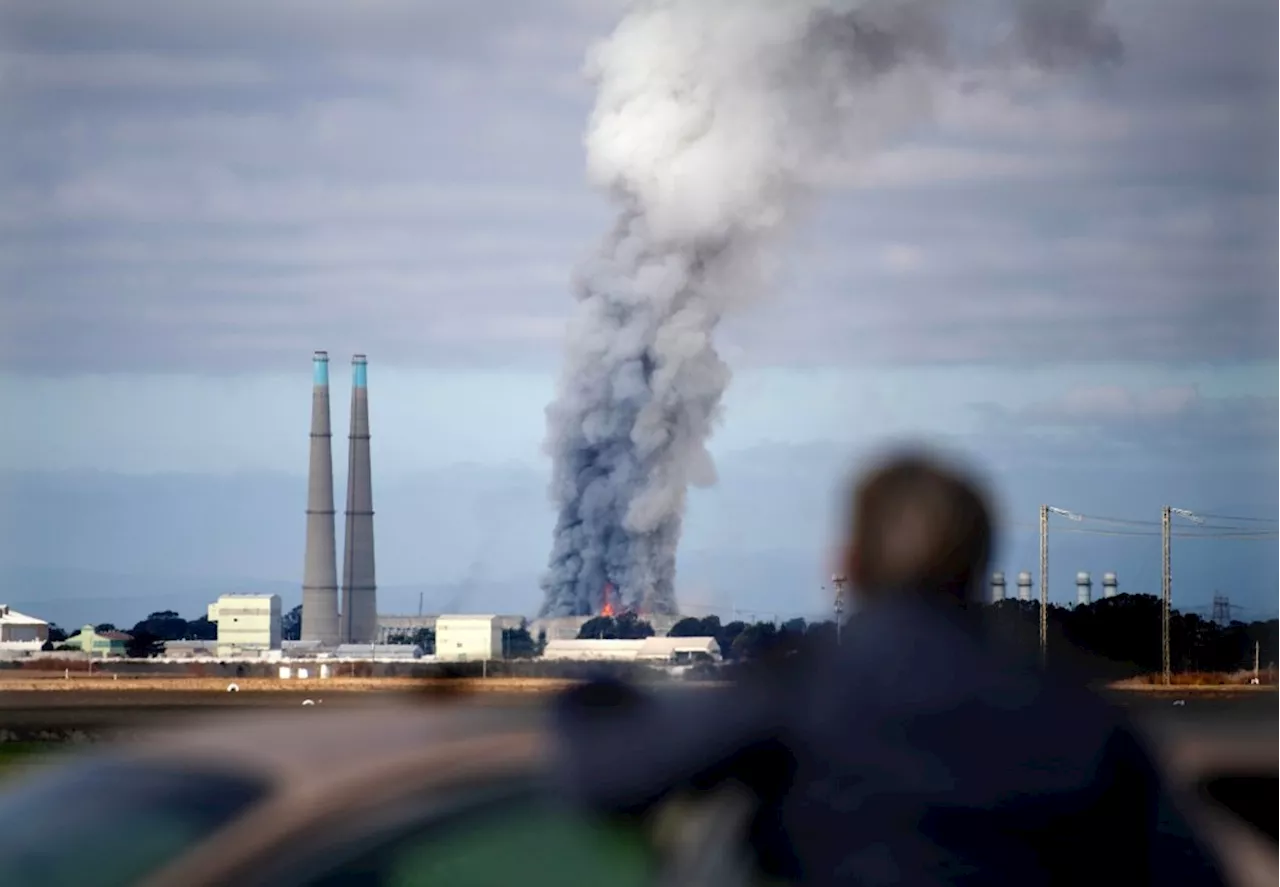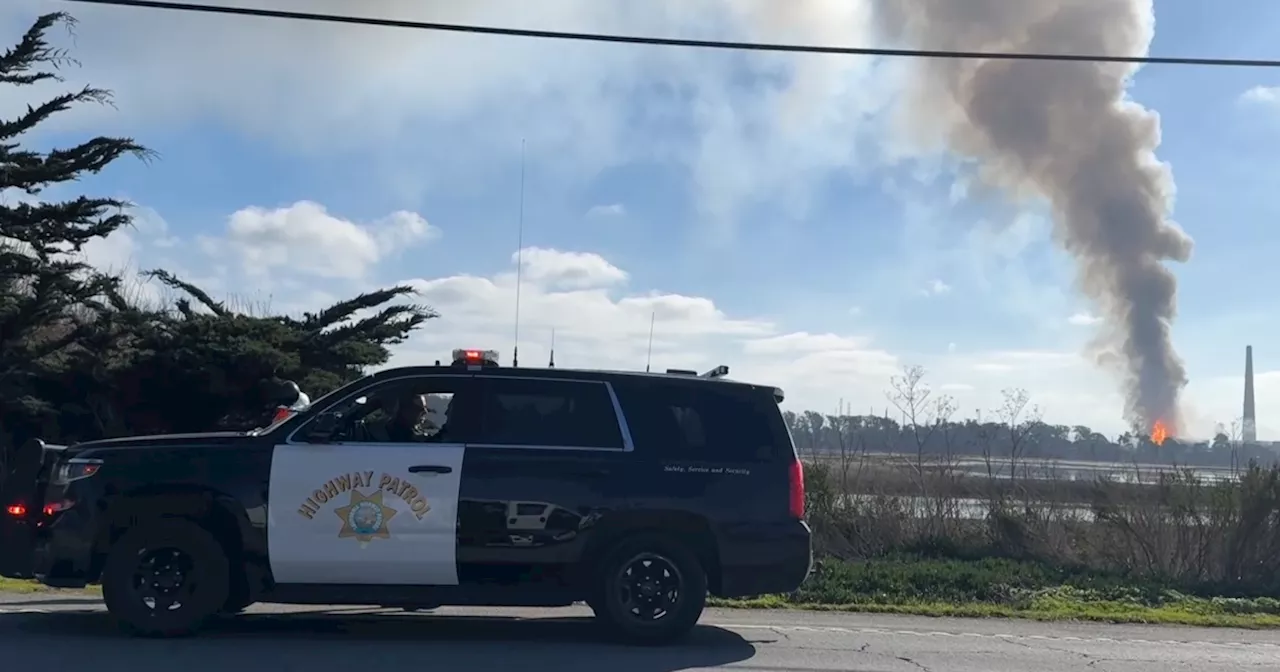Elevated levels of heavy metals, including nickel, manganese, and cobalt, have been found in soil samples at the Elkhorn Slough Reserve following a fire at a nearby lithium-ion battery storage facility. The incident has raised concerns about the potential impact of battery technology on sensitive ecosystems.
Scientists from San Jose State University's Moss Landing Marine Laboratories have detected elevated concentrations of heavy metals at the Elkhorn Slough Reserve following a recent fire at the Vistra Moss Landing Power Plant and Energy Storage Facility. The plant, one of the world's largest lithium-ion battery storage facilities, experienced a fire on January 16th, prompting evacuations for about 1,200 residents and the closure of a section of Highway 1.
Following the blaze, researchers analyzed soil samples within a two-mile radius of the power plant and observed a dramatic increase in the surface concentration of three heavy metals: nickel, manganese, and cobalt. These metals, found as nanoparticles ranging from 1 to 20 microns in size, are components of cathode materials used in lithium-ion batteries, suggesting a direct link to airborne emissions from the fire. The university stated that these metals may undergo chemical transformations as they spread, potentially impacting local ecosystems and food webs.Elkhorn Slough, designated a Globally Important Bird Area, is a vital habitat for a diverse array of plants and animals. The Nature Conservancy acquired the wetlands in 1971 and transferred 750 acres to the Elkhorn Slough Foundation in 2012 for ongoing conservation efforts. Dr. Ivano Aiello, marine geology professor and department chair at MLML, emphasized the importance of understanding the ecological risks associated with battery technology, particularly with the growing demand for large-scale energy storage. His team will continue monitoring affected soils and waterways. 'These findings and the research that follows are crucial not only to the impacted community but to the national and international community because of the need to store more power and thus build more and larger battery storage facilities,' stated Dr. Aiello. 'This is a new and fast-growing technology, and we must understand the ecological impacts in the event that accidents like this happen again.' Assemblymember Dawn Addis D-Morro Bay expressed her concern over the findings, calling for independent investigations by the CPUC and urging the consideration of all environmental data
Heavy Metals Lithium-Ion Batteries Battery Fire Elkhorn Slough Environmental Impact Energy Storage
United States Latest News, United States Headlines
Similar News:You can also read news stories similar to this one that we have collected from other news sources.
 California Law Requires Baby Food Brands to Publicly Share Heavy Metals Test ResultsA new California law mandates baby food manufacturers to test their products for heavy metals and make the results public via QR codes on labels.
California Law Requires Baby Food Brands to Publicly Share Heavy Metals Test ResultsA new California law mandates baby food manufacturers to test their products for heavy metals and make the results public via QR codes on labels.
Read more »
 Heavy Metals Found in Popular Protein PowdersA new report reveals that many over-the-counter protein powders contain unsafe levels of lead and heavy metals like cadmium, exceeding government food safety regulations. Organic protein powders showed higher levels of contamination compared to non-organic options, with chocolate-flavored powders containing alarmingly high amounts of cadmium. The report also highlights the lack of comprehensive federal regulations regarding heavy metals in dietary supplements.
Heavy Metals Found in Popular Protein PowdersA new report reveals that many over-the-counter protein powders contain unsafe levels of lead and heavy metals like cadmium, exceeding government food safety regulations. Organic protein powders showed higher levels of contamination compared to non-organic options, with chocolate-flavored powders containing alarmingly high amounts of cadmium. The report also highlights the lack of comprehensive federal regulations regarding heavy metals in dietary supplements.
Read more »
 Heavy Metals Found in Popular Protein Powders: What You Need to KnowA new report reveals concerning levels of lead and cadmium in many protein powder brands, raising health concerns. The Clean Label Project tested 160 products and found that 77% of plant-based, 79% of organic, and 65% of chocolate-flavored protein powders exceeded safety thresholds for toxic metals. The report urges consumers to be aware of potential risks and encourages checking for safer alternatives.
Heavy Metals Found in Popular Protein Powders: What You Need to KnowA new report reveals concerning levels of lead and cadmium in many protein powder brands, raising health concerns. The Clean Label Project tested 160 products and found that 77% of plant-based, 79% of organic, and 65% of chocolate-flavored protein powders exceeded safety thresholds for toxic metals. The report urges consumers to be aware of potential risks and encourages checking for safer alternatives.
Read more »
 Study highlights key factors for successful restoration of elkhorn coral coloniesTo help rare elkhorn corals survive in Florida waters, coral researchers should place them in shallow ocean locations with fast currents, scientists explained in a recent publication.
Study highlights key factors for successful restoration of elkhorn coral coloniesTo help rare elkhorn corals survive in Florida waters, coral researchers should place them in shallow ocean locations with fast currents, scientists explained in a recent publication.
Read more »
 Moss Landing battery fire: Unusually high concentrations of toxic metals found in wetlands near plantNickel, cobalt and manganese, found in lithium-ion batteries, increased dramatically at Elkhorn Slough after the fire
Moss Landing battery fire: Unusually high concentrations of toxic metals found in wetlands near plantNickel, cobalt and manganese, found in lithium-ion batteries, increased dramatically at Elkhorn Slough after the fire
Read more »
 Toxic Metals Found in Soil After Moss Landing Battery Plant FireFollowing a large fire at a battery storage plant in Moss Landing, California, scientists have detected dangerously high levels of toxic metals in the nearby Elkhorn Slough. The discovery raises concerns about the potential impact on both the local ecosystem and human health.
Toxic Metals Found in Soil After Moss Landing Battery Plant FireFollowing a large fire at a battery storage plant in Moss Landing, California, scientists have detected dangerously high levels of toxic metals in the nearby Elkhorn Slough. The discovery raises concerns about the potential impact on both the local ecosystem and human health.
Read more »
